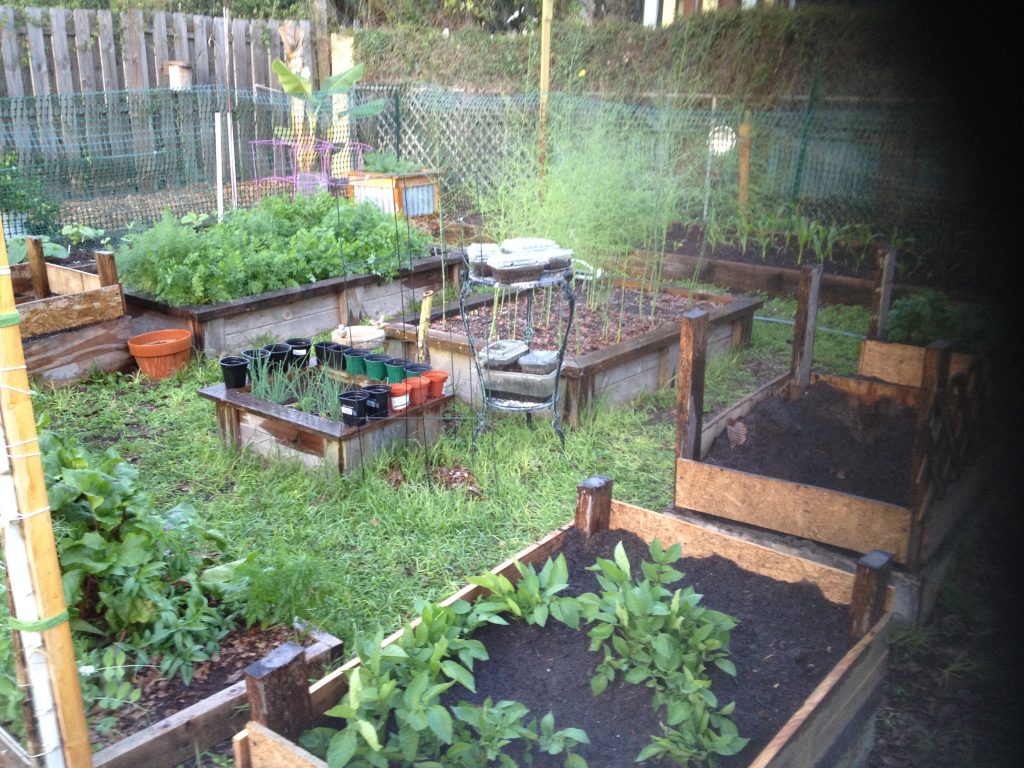Is Organic Food Worth the Money?
Organic food has gained significant popularity in recent years, with many people perceiving it as a healthier and more environmentally friendly option compared to conventionally produced food. However, the higher price tag associated with organic products raises the question of whether they are truly worth the money. In this article, we will explore the benefits and drawbacks of organic food, focusing on organic gardening and organic meats.
Benefits of Organic Gardening
- Reduced exposure to pesticides: One of the primary advantages of organic gardening is the absence of synthetic pesticides and fertilizers. This can help reduce the risk of pesticide residue on food and minimize exposure to harmful chemicals.
- Environmental sustainability: Organic gardening practices prioritize soil health, biodiversity, and water conservation. By avoiding the use of synthetic chemicals, organic farmers promote sustainable agricultural methods that have a lesser impact on the environment.
- Enhanced nutritional value: Some studies suggest that organic fruits and vegetables may have higher levels of certain nutrients, such as vitamin C, iron, and magnesium. This is attributed to the healthier soil conditions and natural farming practices used in organic production.
 We plant all of our produce in raised beds so that we’re not tilling the ground or interrupting the soil.
We plant all of our produce in raised beds so that we’re not tilling the ground or interrupting the soil.
We simply add more organic compost whenever we harvest our veggies for the season.
Drawbacks of Organic Gardening
- Higher cost: Organic farming requires more labor-intensive practices, organic certification, and potentially lower crop yields due to the absence of synthetic inputs. These factors contribute to the higher cost of organic produce compared to conventionally grown alternatives.
- Limited availability: Organic farming represents a smaller portion of global agriculture, which means that organic food options may be limited, especially in certain regions or during certain seasons.
- Perception of quality: While organic food is generally considered to be of higher quality, there may still be variations in taste, appearance, and shelf life compared to conventionally produced food. Some consumers may have different preferences or expectations.
Organic Meats: Worth the Money?
- Animal welfare: Organic meats are produced in accordance with strict animal welfare standards. Organic livestock is given access to outdoor areas, is not subjected to growth hormones or routine antibiotics, and is fed organic feed. This can result in healthier and more ethically raised animals.
- No synthetic additives: Organic meats are free from synthetic additives, such as preservatives, artificial flavors, and colors. This can appeal to individuals seeking a more natural and additive-free diet.
- Higher cost: Organic meats generally come at a higher price compared to conventionally raised options due to the cost of organic feed, space requirements, and certification.
After raising pigs I can assure you that organic farmers are not taking advantage of you when they sell you their meat at much higher prices than non-organic farmers. The cost of the feed is very expensive and pigs eat a lot! We free-range our pigs in pasture yet the grass it’s just not enough to fill their bellies so they have to be supplemented with grains. So next time you see the price of organic pork don’t get too upset. There is a lot of work and money that goes into raising them organically. And remember you are getting better meat which means better health. So when you weigh the cost ask yourself, “What is my health worth”.
The decision of whether organic food is worth the money ultimately depends on individual preferences, values, and budget. While organic food offers benefits such as reduced pesticide exposure, environmental sustainability, and improved animal welfare, it is important to weigh these advantages against the higher cost and limited availability. For those who prioritize health, sustainability, and supporting organic farming practices, organic food can be a worthwhile investment. To explore and purchase a variety of organic food products, including fresh produce and meats, contact AProperFarm.com to learn more about organic options that align with your values and preferences.

